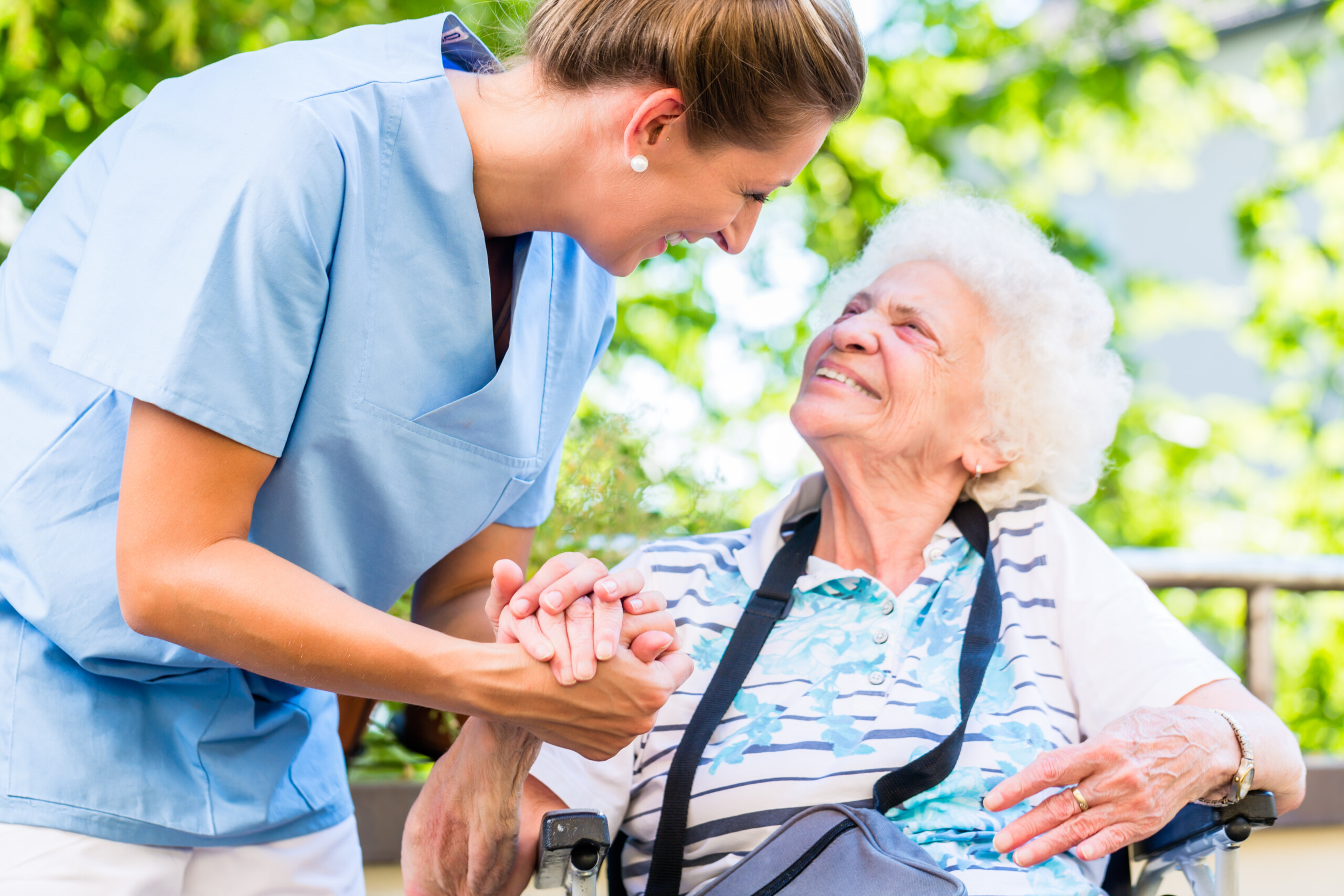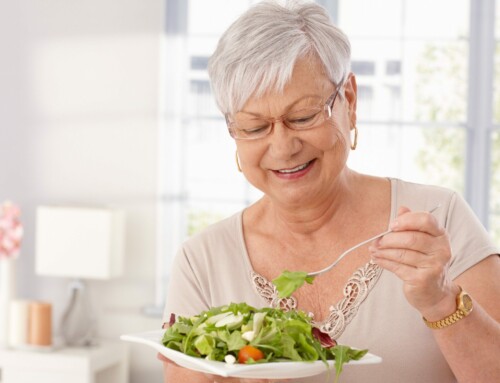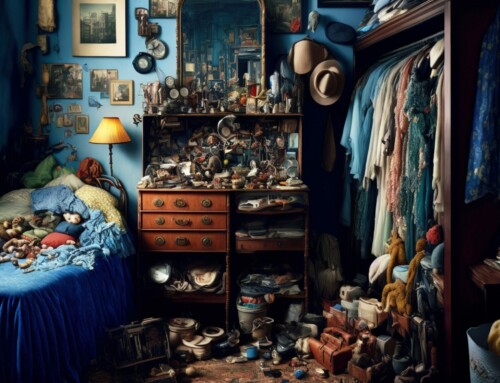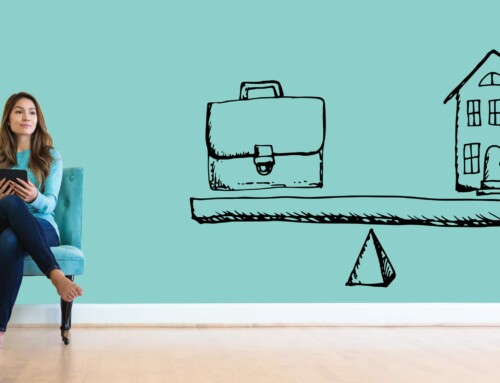Many seniors can not do without the care of another person and at the same time the pleasant company of another person makes their life much more pleasant. Especially those who are alone in the world without their life partner. If you can’t manage your relative’s needs, you consider ways to help them. One solution is a carer.
Home care
An elderly person feels best in a home environment that he or she is familiar with and used to, rather than spending the autumn of their life in a retirement home. Moreover, as they grow older, various ailments are added to their body with advancing age. The ideal solution is to choose a person who will provide comprehensive and high-quality care in his or her own home. Caregiving work is mostly done by women because they have a natural instinct to help and care for others. But in this sphere of work, we can also find men, although they are fewer in number. What attributes to consider before hiring a caregiver for your elderly and often ill relative?
Caregiver for the elderly – what should she be like?
It is necessary to look for a person who meets the criteria that are a prerequisite for the job. A good carer should first and foremost be a responsible person. Also empathetic, friendly, patient, and balanced with a willingness to help others, care for them selflessly, and to be able to support them. It is essential to have a positive attitude towards older people and see this work as their mission. They should also take into account that a senior is a person who may forget things, change moods more often or find it difficult to adapt to changes. A person in this profession needs to be in good shape, both physically and mentally, as they often care for people who are immobile or have dementia. They should have a clean criminal record so that your loved one is not at risk.
Must the caregiver have a healthcare course?
Not every country requires the carer to take a course. Somewhere you just need to have good references and previous experience of caring or similar work. Other states require the carer to complete a course in caring and show proof of completion. As a carer, you need to find out how things work in your country. The future adepts in the course acquire theoretical knowledge concerning the elderly and the health problems that occur with them. Of course, the trainees also undergo a practical part and work experience, which they carry out in nursing homes. A country that does not require a course is Germany. However, the course is needed in England, the Netherlands, or Austria.
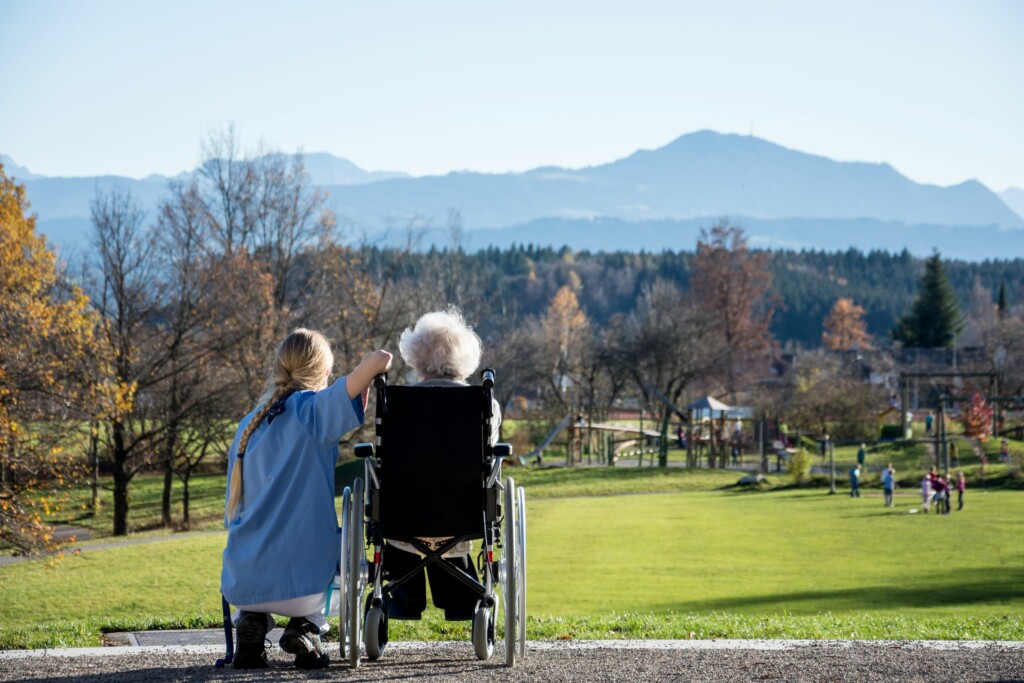
Stateof the cared-for person
Consider the specific needs of the family member, what care they require, how self-sufficient they are, and what diagnoses and disabilities they have, and then choose a carer based on this. If your relative has a more serious illness, you can look for a carer with a medical background, which carers may not normally have. So that she can give your relative injections, insulin or take their blood pressure and you don’t have to call a nurse. Think about his ailments, whether he is bedbound and needs to be carried and positioned to avoid pressure ulcers, as this is when the carer needs to be physically fit. Every caregiver must know the basics of first aid.
Caregiving and language skills
Of course, the caregiver who comes to you must speak the official language of your country so that she can understand and communicate easily with the client. The same goes for the family members who want to be kept informed and are certainly interested in how they experience their time together. They should also want to improve their conversational skills in the language, as they may need to communicate with doctors in the language, in a shop when shopping, or in a situation where an ambulance may need to be called.
Tasks of the carer
The caregiver helps with routine activities such as cooking, cleaning, shopping, assisting with hygiene, feeding and preparing medication, walking and keeping company, and talking to the person being cared for. In the case of a bedbound patient, this also includes performing activities such as dressing, catheter insertion and replacement.
Providing truthful information
If you are looking for a caregiver for a family member of yours, don’t hide information about their health. This is the only way you can find a suitable and good caregiver who will take care of the person and meet their needs and be sufficiently prepared for the situation. If you withhold important facts, they might send you a carer who will not be able to look after your mum or dad in a satisfactory manner.
It is best to arrange for a caregiver for your loved one through an employment agency. They will select a suitable candidate who meets both your requirements and the needs of your loved one. It will help you find the right person for the job, with the skills and knowledge you need.
Read the article on why you should prefer a legal caregiving service to an illegal one.

